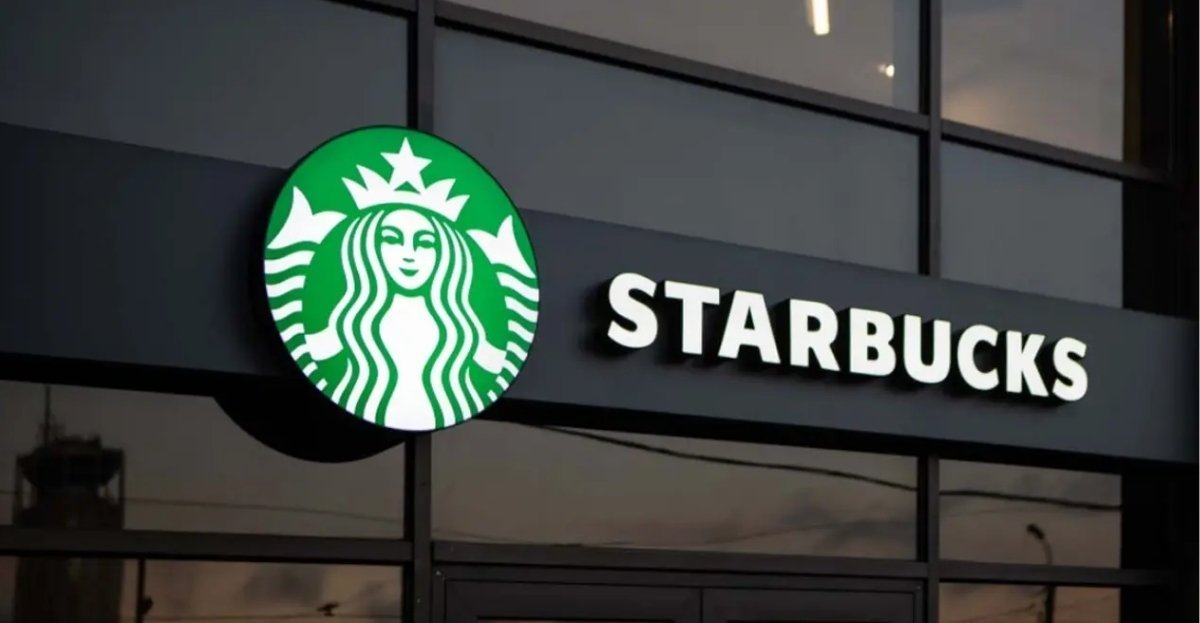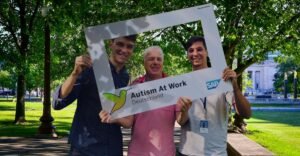The Secret Sauce Behind Starbucks’ Success
Starbucks isn’t just known for its coffee–it’s also admired for the way it treats people. The Starbucks workplace culture has become a benchmark for organizations striving to build loyal teams and high-performing environments. From the baristas at your neighborhood store to senior managers, Starbucks fosters a culture that resonates deeply with its employees. This blog explores how Starbucks company culture strengthens employee loyalty, drives employee retention, and enhances workplace engagement. In an age where talent is the true competitive edge, Starbucks proves that an exceptional work culture isn’t just desirable, it’s essential.
The Core of Starbucks Workplace Culture
The Starbucks workplace culture is rooted in respect, dignity, and care. The company emphasizes open communication, leadership transparency, and a people-first philosophy. Employees, referred to as “partners,” are made to feel like stakeholders. This foundational belief significantly enhances workplace engagement and employee loyalty.
At the heart of the Starbucks company culture lies a commitment to ethical sourcing, sustainability, and inclusivity. This broader mission aligns with employee values, creating a shared sense of purpose and belonging. In doing so, Starbucks sets a gold standard for organizations hoping to build long-term commitment and employee retention.
Starbucks HR Practices That Strengthen Culture
One of the standout features of Starbucks HR practices is its strong focus on development and growth. The company provides access to training, career advancement programs, and mentoring. Managers are equipped to handle coaching conversations and performance feedback with empathy and clarity. Such policies reinforce an inclusive workplace where everyone is given the tools to succeed.
Employees also benefit from open dialogue with leadership, where their opinions are taken seriously. These thoughtful Starbucks HR practices contribute heavily to the overall employee experience and solidify trust in the brand.
Building an Inclusive Workplace
An inclusive workplace is central to Starbucks company culture. The company has implemented numerous DEI (Diversity, Equity, and Inclusion) programs that focus on hiring and promoting people from all walks of life. Gender, ethnicity, and background do not limit growth opportunities within Starbucks, which directly contributes to higher employee loyalty and a sense of being valued.
This inclusivity isn’t performative–it’s embedded in daily practices, from how teams are formed to how stores are managed. Such policies ensure that the workplace remains dynamic, open, and aligned with modern employee expectations.
Starbucks Employee Benefits: More Than Just Perks
The brand’s unique approach to Starbucks employee benefits plays a significant role in boosting employee retention. Employees are offered stock options, health insurance, mental wellness support, and even tuition assistance through programs like the Starbucks College Achievement Plan.
While many companies offer perks, Starbucks ensures these benefits are both accessible and meaningful. This emphasis on practical well-being cultivates employee loyalty by showing genuine care beyond just work performance. Employees who feel secure and supported naturally contribute more enthusiastically to their roles.
Driving Workplace Engagement Through Purpose
Workplace engagement at Starbucks is not the result of mandatory meetings or flashy initiatives. It stems from embedding purpose into everyday roles. Employees understand how their work contributes to the larger mission of social impact, environmental sustainability, and customer satisfaction.
Related Posts
When people believe in what they do, they’re more motivated and engaged. The Starbucks workplace culture harnesses this by giving employees meaningful responsibilities, autonomy, and recognition. This fuels both emotional and functional ties to the company, leading to stronger employee loyalty.
Starbucks and Employer Branding Strategy
A strong employer branding strategy is another reason Starbucks attracts top talent. The company consistently communicates its values, celebrates its people, and shares real stories from employees across digital and physical platforms. This visibility helps Starbucks position itself as not just a coffee company, but as a preferred workplace.
By prioritizing transparency and positive messaging, the organization reinforces both its external brand and internal culture. This alignment between image and reality deepens the employee experience and validates their decision to stay with the brand.
Creating a Holistic Employee Experience
A well-rounded employee experience is the sum of good policies, positive interactions, and meaningful work. Starbucks excels by ensuring every touchpoint–from onboarding to exit interviews–is well-managed and employee-centric. Feedback is not just collected but acted upon.
The company understands that the benefits of Starbucks workplace culture ripple far beyond the office. Whether it’s through encouraging community involvement or hosting open forums, employees feel part of something larger. This, again, nurtures employee retention and job satisfaction.
A Culture That Brews Loyalty
The reason Starbucks workplace culture works so well is simple–it is built on authentic care, thoughtful policies, and a shared mission. From its wide-ranging Starbucks employee benefits to its proactive employer branding strategy, the company keeps employees engaged and loyal.
Other businesses looking to improve employee retention and build meaningful workplace engagement can take cues from Starbucks. By investing in people and prioritizing culture, any brand can transform its workplace into a thriving ecosystem of loyalty and performance. Ultimately, the enduring strength of Starbucks company culture serves as proof that when companies get culture right, everything else falls into place.
Editor’s Note: This article presents publicly available information only as part of our employer branding insights series. It does not reflect legal opinions or endorsements related to any ongoing or future legal matters involving the organization.










